Intro
Explore the diverse career options for Physician Assistants (PAs) beyond traditional medical settings. Discover 7 places PAs can work, including hospitals, clinics, surgical centers, and more. Learn about the various roles and specialties, such as primary care, surgery, and emergency medicine, and find your ideal PA career path.
Physician assistants (PAs) are highly skilled healthcare professionals who play a vital role in the medical field. With their advanced education and training, PAs can work in a variety of settings, providing high-quality patient care and support to physicians and other healthcare professionals. In this article, we will explore seven places where physician assistants can work, highlighting the unique opportunities and challenges of each setting.
1. Hospitals and Health Systems
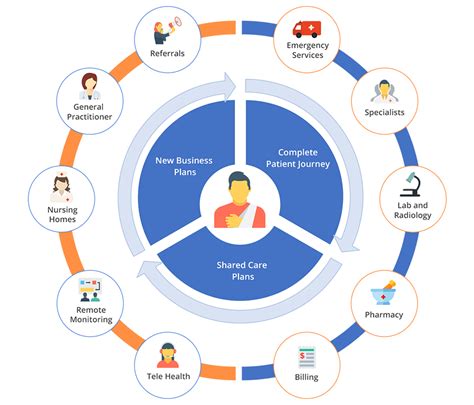
Hospitals and health systems are one of the most common places where PAs work. In this setting, PAs work alongside physicians, nurses, and other healthcare professionals to provide patient care, conduct medical procedures, and assist with surgeries. PAs in hospitals may specialize in specific areas, such as emergency medicine, cardiology, or pediatrics.
Benefits of Working in Hospitals
- Opportunity to work with a diverse patient population
- Ability to specialize in a specific area of medicine
- Collaborative work environment with other healthcare professionals
Challenges of Working in Hospitals
- High-stress environment, particularly in emergency situations
- Long hours and shift work
- Exposure to infectious diseases and other health risks
2. Primary Care Clinics

Primary care clinics are another common setting where PAs work. In this setting, PAs provide routine medical care, conduct physical exams, and diagnose and treat common illnesses. PAs in primary care clinics may also provide health education and counseling to patients.
Benefits of Working in Primary Care Clinics
- Opportunity to build long-term relationships with patients
- Variety of cases and conditions to diagnose and treat
- More regular hours and less stress than hospital settings
Challenges of Working in Primary Care Clinics
- Limited resources and equipment compared to hospitals
- High volume of patients and limited time for each appointment
- Paperwork and administrative tasks can be time-consuming
3. Specialty Clinics

Specialty clinics, such as dermatology, orthopedics, or cardiology clinics, are another place where PAs can work. In this setting, PAs work with specialists to diagnose and treat specific conditions. PAs in specialty clinics may also conduct procedures, such as biopsies or injections.
Benefits of Working in Specialty Clinics
- Opportunity to specialize in a specific area of medicine
- Variety of cases and conditions to diagnose and treat
- Opportunity to work with advanced technology and equipment
Challenges of Working in Specialty Clinics
- Limited exposure to other areas of medicine
- High volume of patients and limited time for each appointment
- Paperwork and administrative tasks can be time-consuming
4. Urgent Care Centers

Urgent care centers are designed to provide immediate medical attention for non-life-threatening conditions. PAs in urgent care centers evaluate and treat patients, order lab tests and imaging studies, and prescribe medications.
Benefits of Working in Urgent Care Centers
- Opportunity to work in a fast-paced environment
- Variety of cases and conditions to diagnose and treat
- Flexible scheduling and opportunities for overtime
Challenges of Working in Urgent Care Centers
- High-stress environment, particularly during peak hours
- Limited resources and equipment compared to hospitals
- Exposure to infectious diseases and other health risks
5. Community Health Organizations
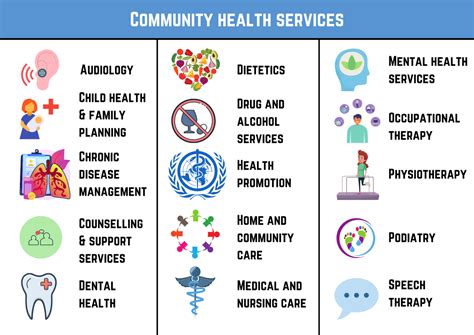
Community health organizations provide medical care and health education to underserved populations. PAs in community health organizations work with patients, families, and communities to promote health and wellness.
Benefits of Working in Community Health Organizations
- Opportunity to make a difference in the community
- Variety of cases and conditions to diagnose and treat
- Collaborative work environment with other healthcare professionals
Challenges of Working in Community Health Organizations
- Limited resources and equipment
- High volume of patients and limited time for each appointment
- Paperwork and administrative tasks can be time-consuming
6. Research Institutions
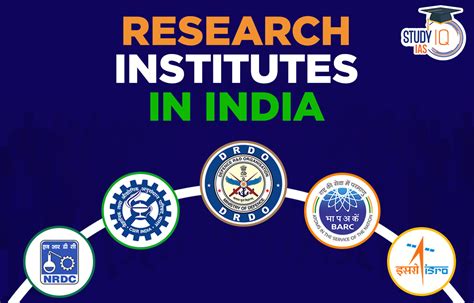
Research institutions conduct studies and clinical trials to advance medical knowledge and improve patient care. PAs in research institutions work with researchers, scientists, and other healthcare professionals to design and implement studies.
Benefits of Working in Research Institutions
- Opportunity to contribute to medical advancements
- Variety of projects and studies to work on
- Collaborative work environment with other healthcare professionals
Challenges of Working in Research Institutions
- Limited patient interaction and clinical practice
- High level of attention to detail and documentation required
- Funding and grant writing can be time-consuming and unpredictable
7. Academic Institutions

Academic institutions provide education and training to future healthcare professionals. PAs in academic institutions teach, mentor, and supervise students, as well as participate in curriculum development and research.
Benefits of Working in Academic Institutions
- Opportunity to shape the next generation of healthcare professionals
- Variety of teaching and research projects to work on
- Collaborative work environment with other healthcare professionals
Challenges of Working in Academic Institutions
- Limited patient interaction and clinical practice
- High level of attention to detail and documentation required
- Grading, advising, and committee work can be time-consuming
Physician Assistant Work Settings Image Gallery

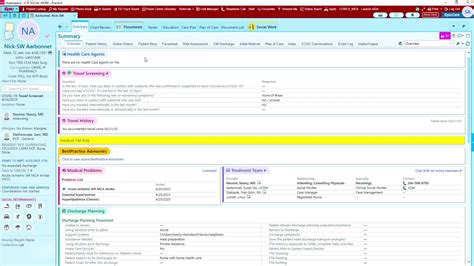
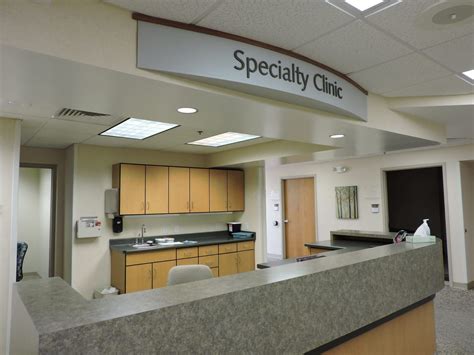

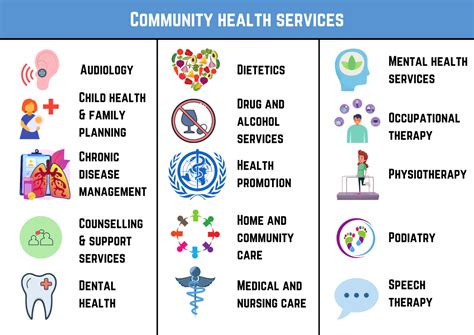
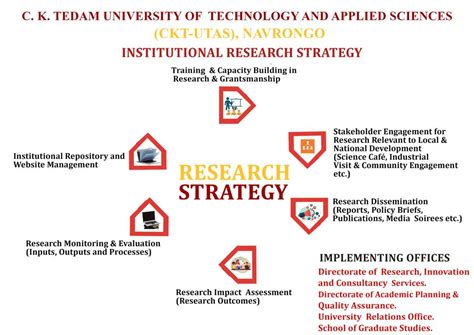
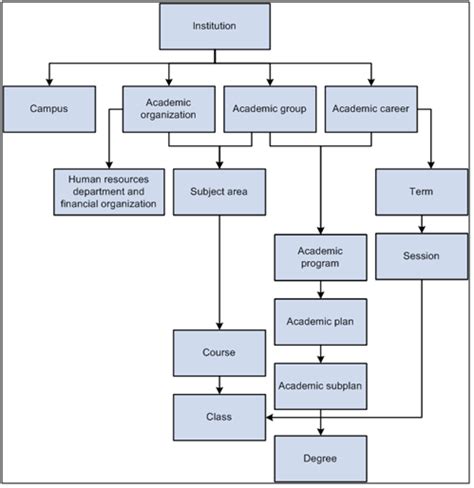

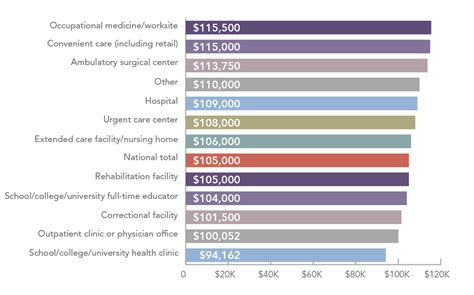

What are the benefits of working as a physician assistant?
+Physician assistants enjoy a variety of benefits, including a competitive salary, opportunities for advancement, and a sense of personal fulfillment from helping patients.
What are the different types of settings where physician assistants can work?
+Physician assistants can work in a variety of settings, including hospitals, clinics, specialty clinics, urgent care centers, community health organizations, research institutions, and academic institutions.
What are the challenges of working as a physician assistant?
+Physician assistants may face challenges such as high-stress environments, limited resources and equipment, and paperwork and administrative tasks.
As a physician assistant, you have the opportunity to work in a variety of settings, each with its unique benefits and challenges. Whether you prefer the fast-paced environment of a hospital or the sense of fulfillment from working in a community health organization, there is a setting that is right for you. With your advanced education and training, you can make a difference in the lives of patients and contribute to the advancement of medical knowledge.
